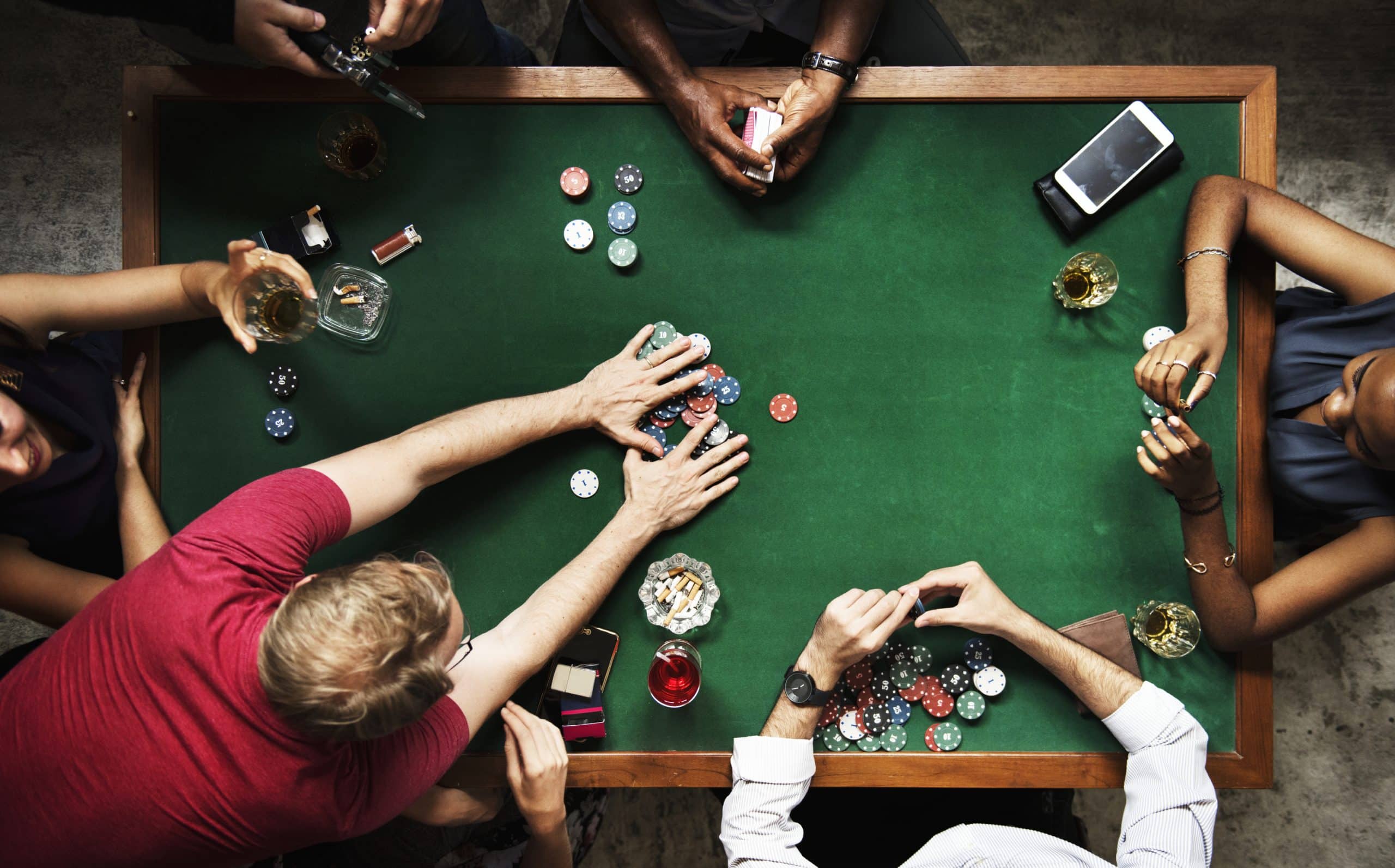What are the most effective ways to socialize a puppy during its critical period?

Socializing a puppy is a vital part of their development, affecting their behavior and how they interact with people and other dogs. This process typically begins during a puppy’s critical period, which spans from about three to twelve weeks of age. It’s a time when pups are most receptive to learning about the world around them. This includes understanding how to interact with different beings and environments, and adopting habits that will stay with them for life.
Just like a young child, puppies learn by exploring their surroundings and, crucially, through play. Therefore, your role as a dog owner during this critical period is to provide them with positive learning experiences. This means exposing your pup to a variety of people, dogs, and environments in a controlled, safe, and positive manner. Your puppy will learn to associate these experiences with positive feelings, thus developing healthy social behavior.
Topic to read : What are the best enrichment activities for dogs with high energy levels?
In this article, we will delve into the American Kennel Club (AKC) recommended methods for puppy socialization. We aim to provide you with knowledge and techniques that can help you guide your puppy through their critical period, shaping their behavior in the best possible way.
Understanding Puppy Socialization
Before we dive into the actual methods, it’s important to understand what puppy socialization entails. It’s not just about having your pup meet a lot of people or dogs. It’s about teaching them how to behave appropriately in different situations and environments. That includes recognizing and responding to different behaviors, sounds, and smells.
Have you seen this : What is the most effective way to stop a dog from barking at guests?
Socialization also helps puppies learn how to communicate with other dogs. Dogs have a unique language of their own, comprised of body signals, facial expressions, and vocal sounds. By interacting with other dogs during their critical period, puppies learn this language. They will understand what it means when a dog raises its tail, shows its teeth, or growls, and respond appropriately. This will help prevent aggression and fear later in life.
The Role of Play in Puppy Socialization
Play has a significant role in puppy socialization. During playtime, puppies learn important social skills and behaviors. They understand the concept of boundaries, respect, and appropriate interaction.
During play, puppies also learn bite inhibition. This is when they learn to control the force of their bite, a crucial skill for all dogs. A pup learns bite inhibition during play with other pups. If a pup bites too hard during play, the other pup will likely yelp and stop playing. Over time, the biting pup learns that biting too hard ends the fun.
Play also gives puppies a positive outlet for their energy and helps them build confidence. Puppies who play regularly are usually happier and better behaved.
AKC Recommended Methods for Puppy Socialization
The AKC recommends several effective methods for socializing puppies during their critical period. One of these methods is puppy kindergarten. This is a type of training class designed for puppies between the ages of eight and sixteen weeks. During puppy kindergarten, your pup will have the chance to interact with other puppies and people in a controlled and supervised environment.
Another method recommended by the AKC is puppy socialization parties. These are gatherings where your puppy gets to meet a variety of people in a relaxed and positive setting. The goal is to expose your pup to different types of people – tall, short, wearing glasses, wearing hats, etc.
On the other hand, AKC also promotes the use of socialization checklists. These lists contain a variety of situations, objects, and people that your puppy should be exposed to during their critical period. The aim is to help you ensure your puppy gets a wide range of experiences.
Approaching Socialization with Care
While socialization is essential to your puppy’s development, it’s crucial to remember that each dog is different. What works for one might not work for another. It’s crucial to respect your pup’s comfort level and not force them into situations they find scary.
Puppy socialization should always be a positive experience. Never force your puppy into an encounter if they seem scared. Instead, take things at their pace and ensure they feel safe and secure.
Another critical thing to remember is to keep your puppy’s vaccinations up to date. Since socialization involves interacting with other dogs and people, it’s crucial to protect your puppy from diseases. Always consult with your vet about the appropriate vaccination schedule.
Remember, socialization is a crucial part of your puppy’s early life. It will shape their behavior, temperament, and their relationship with you. It’s vital to do it right, to ensure your pup grows into a sociable, confident and well-behaved dog.
Introducing New Environments and Experiences
Introducing your puppy to a variety of environments and experiences is a key aspect of socialization. This could include taking your puppy for walks in different places, such as the park, beach or city center. The aim is to expose them to a variety of sights, sounds, and smells, helping them grow comfortable with different environments.
Dog parks can serve as an excellent venue for early socialization experiences. They present a unique opportunity for your puppy to meet and interact with both new dogs and people. However, it’s crucial to ensure that your puppy is ready for the dog park and that their immunizations are up-to-date to avoid any health risks.
Consider attending socialization classes or puppy play groups. These provide a controlled and safe environment for your puppy to interact with other dogs. Your puppy will have the opportunity to play with others while under the supervision of experienced handlers. Moreover, during this time, they’ll learn important skills such as bite inhibition and understanding dog body language.
One often overlooked aspect of puppy socialization is the introduction to various sounds. This can include everyday household noises such as the vacuum cleaner, doorbell, or washing machine. It can also extend to less common noises like sirens or fireworks. Gradually exposing your puppy to these sounds can prevent anxiety and fear reactions later on.
Additional Resources and Conclusion
For dog owners who want to delve deeper into socialization techniques and strategies, there’s a wealth of resources available. Some useful tools include dog training books, online tutorials, dog sports clubs, and professional dog trainers.
Dog training books often provide valuable insights into the behavioral sciences behind dog training, while online tutorials can offer practical, step-by-step guides to various training techniques. Dog sports clubs, such as agility or obedience, can offer a fun and engaging way to socialize your puppy while also teaching them new skills. Professional dog trainers can offer personalized guidance tailored to your puppy’s needs and temperament.
In conclusion, the critical socialization period of a puppy is an essential period in their development. The experiences and lessons learned during this time can greatly influence their behavior and interactions with both people and dogs as they grow. As a dog owner, it’s your responsibility to guide your puppy through this critical period, providing them with a variety of positive experiences. By doing this, you’re not only shaping your puppy’s behavior but also strengthening your bond with them.
Remember, socializing a puppy is as much about quality as it is about quantity. It’s not just about exposing your puppy to a multitude of people, dogs, and environments, but about ensuring that these interactions are positive and beneficial. Always take things at your puppy’s pace and remember to keep their vaccinations up-to-date. By investing time and effort into proper socialization, you’re setting your puppy up for a lifetime of positive interactions and experiences.
